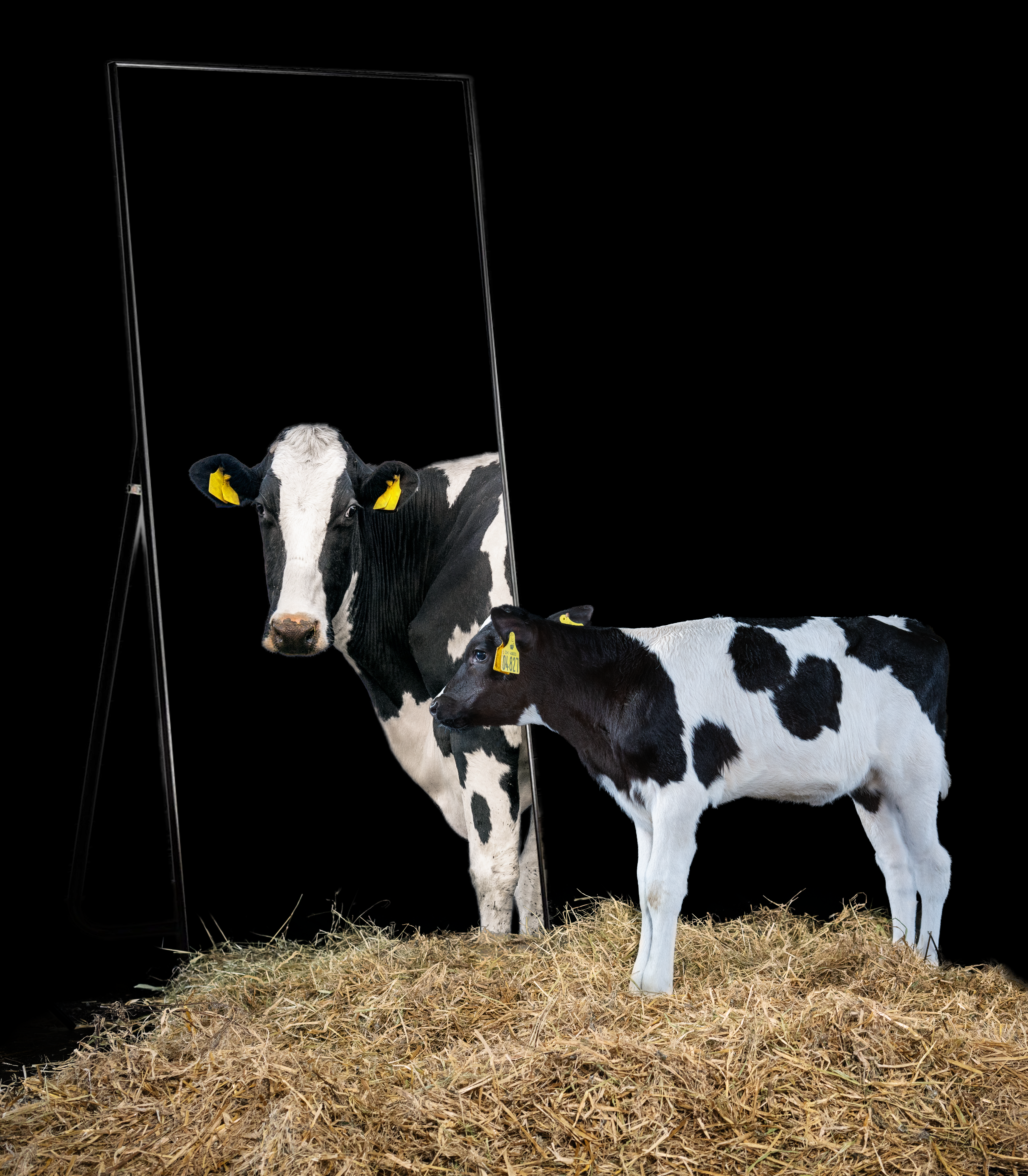
MARKET LEADERS IN
COLOSTRUM MANAGEMENT

Quality
Preserve and select the quality of the
colostrum on your farm.

Time
Colostrum needs to be fed immediately after birth to maximize milk yield.

Bacteria
Bacteria reduce the calf’s utilization of thevital antibodies in colostrum.

Temperature
For optimal absorption of antibodies, the colostrum needs to be fed at body temperature.
Studies have shown that you as a dairy farmer face three major dangers when it comes to colostrum management.
quality
In every herd, colostrum quality
varies between cows.
If the calf nurse colostrum from the dam, or if colostrum quality is not measured quantitatively, the calf’s future will be random and completely left to chance.
If colostrum is tested before it’s fed, each calf in the herd is given the best opportunity to develop into a strong cow that produce more milk and stay in the herd for years to come.
TIME
Colostrum needs to be fed immediately
after birth to maximize output.
If the fresh cow has to be milked, before you can feed the newborn calf colostrum, valuable time is lost! The result is lower absorption of antibodies from colostrum and a poorer protection of your calves.
High-quality colostrum in stock and implementation of fast and easy work procedures ensure that all calves can be fed colostrum safe and quickly (within 30 min. after birth), resulting in high antibody absorption and a strong foundation for future development.
bacteria
Bacteria reduce the calf’s utilization
of the vital antibodies in colostrum!
Bacteria can double every 20 mintues! Bacteria degrade the vital ingredients of coclostrum and reduce antibody absorption after colostrum is fed to the calf. If colostrum is not handled and stored the correct way, you risk feeding dirty colostrum of impaired quality to your calves.
Clean handling and storage of colostrum in the freezer, prevents bacterial growth. Fast freezing – and warming procedures at optimal temperatures, preserves antibodies in colostrum and keep the bacterial level low. This maximizes antibody absorption efficiency and creates a solid foundation for raising healthy calves becoming high producing dairy cows.
(PDF)




